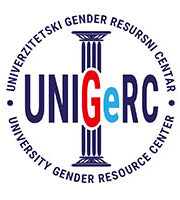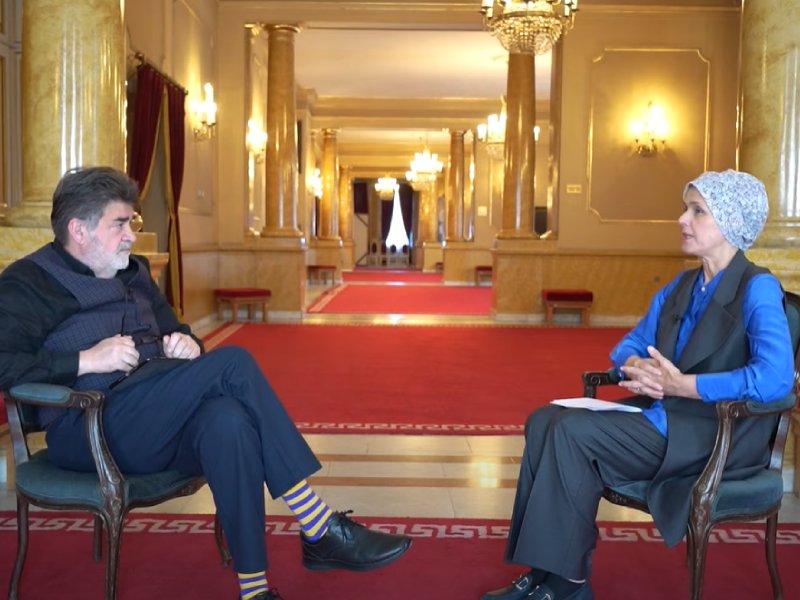At a time when words are increasingly used to conceal rather than reveal, when slogans echo louder than conversations, and noise replaces silence, an encounter between two thoughtful, ethically grounded individuals becomes a rarity—almost a phenomenon. In this dialogue, guided by the hand of academician Nerzuk Ćurak—one of the last bards of Bosnian-Herzegovinian intellectual integrity and peace discourse—we are presented with the portrait of a woman who has not chosen the easiest path, but the one that is right.
Zilka Spahić Šiljak is not merely a feminist. She is a theologian in the deepest sense of the word: one who seeks the divine not in abstraction, but in the faces of the oppressed, in the wounds of the world, in the unspoken voice of the woman, the child, the Other. Her life is a dialogue—with faith, with tradition, with conscience. She does not fight for the future because she understands that the fight belongs to the present. She does not seek the approval of authority, because her work grows from the authority of conscience.
Ćurak, whose intellectual register has always been written in the ink of dialogue, did not choose his interlocutor to conduct an ordinary interview. This conversation is a spiritual geography of two beings who understand that the word can be both prayer and revolution, both comfort and rebellion. Zilka does not speak to please—she speaks because she must. And in that voice, which arises from the depths of experience, education, and self-sacrifice, we hear what many do not dare even to think: that faith and feminism are not mutually exclusive, that justice and Islam do not conflict, and that the female body and soul can no longer be sacrificed on the altar of someone else’s interpretation of God.



